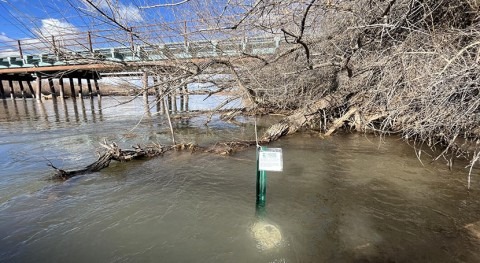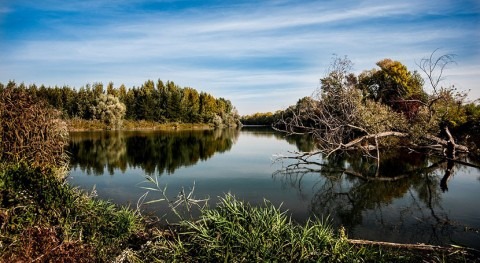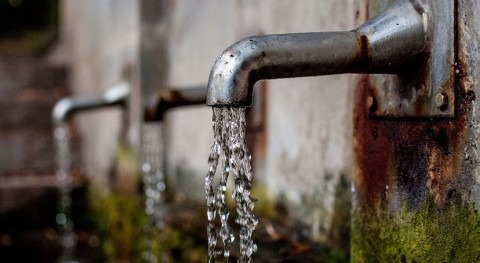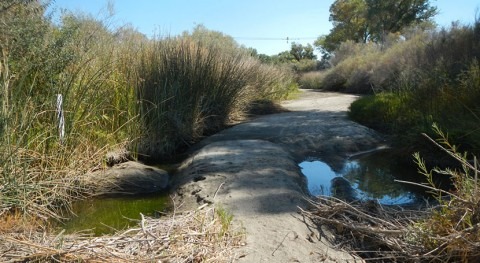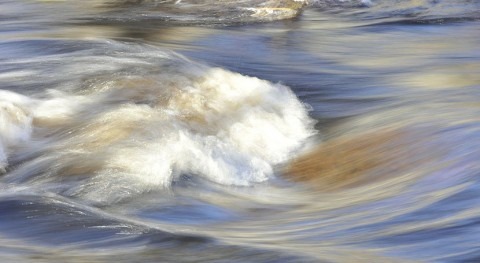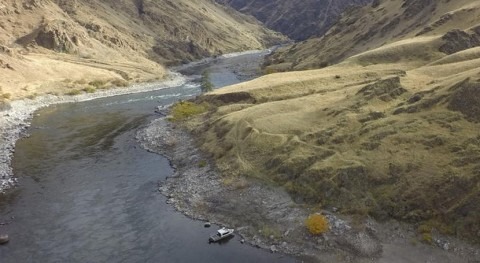A new USGS study reports that landscape management actions across the U.S. aimed at reducing concentrations of suspended sediment in streams and rivers may be seeing some success. Between 1992 and 2012, concentrations of suspended sediment decreased at almost 60% of the 132 U.S. stream sites considered. Sediment concentrations increased at 17% of sites.
Sediment is one of the leading pollutants in U.S. rivers and streams, degrading aquatic habitats and affecting water use for aquatic organisms and people. Many suspended-sediment monitoring programs have an explicit goal of documenting improvements in this aspect of water quality and an implicit goal of understanding why.
At more than 80% of the sites, trends in sediment concentrations were primarily attributed to changes in land management, such as conversion from one type of land use to another. Sediment trends were primarily attributed to changes in streamflow at just 8% of sites, for example because of changes in dam operation or precipitation. However, streamflow changes contribute to trends in suspended sediment at about 60% of the sites.
Suspended sediment concentrations decreased even at some sites where urban or agricultural land, which typically are associated with impaired water quality, increased. Such widespread decreases suggest that management actions and conservation efforts to reduce concentrations of suspended sediment in streams and rivers can be effective.




